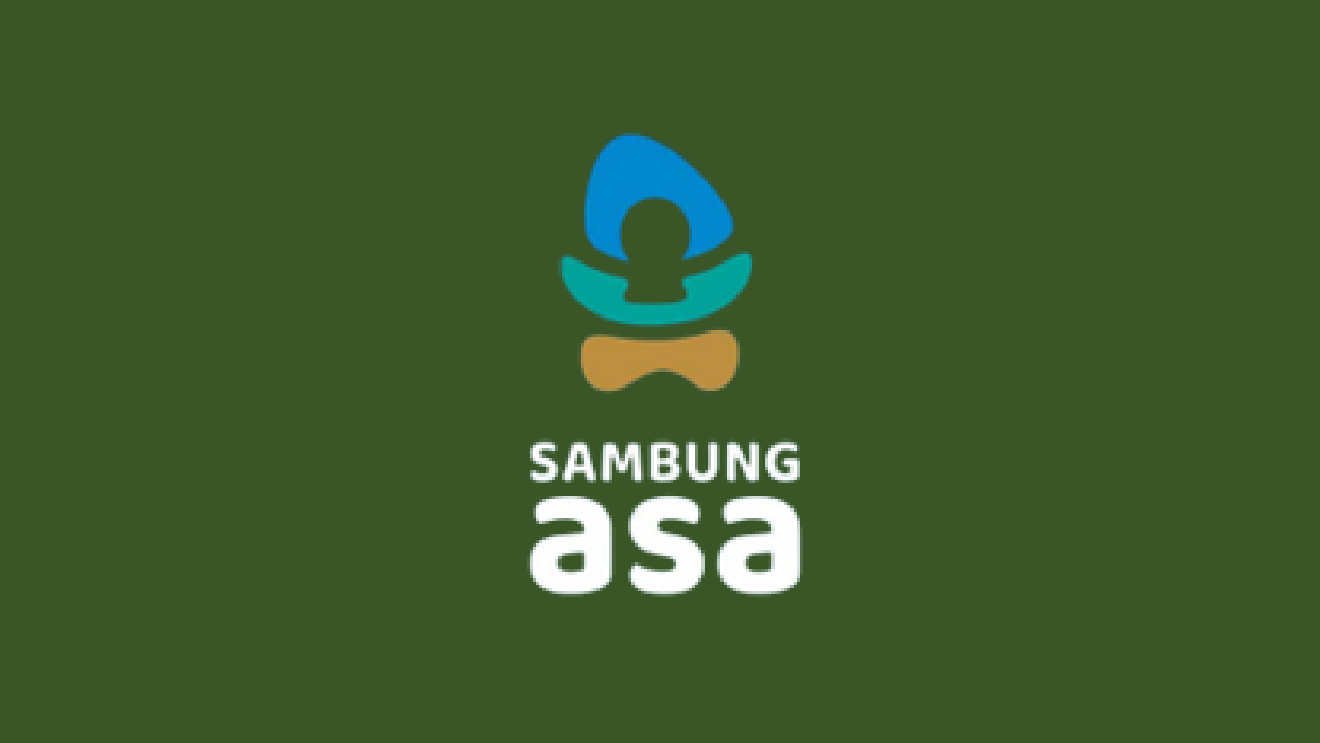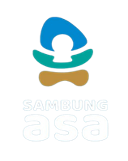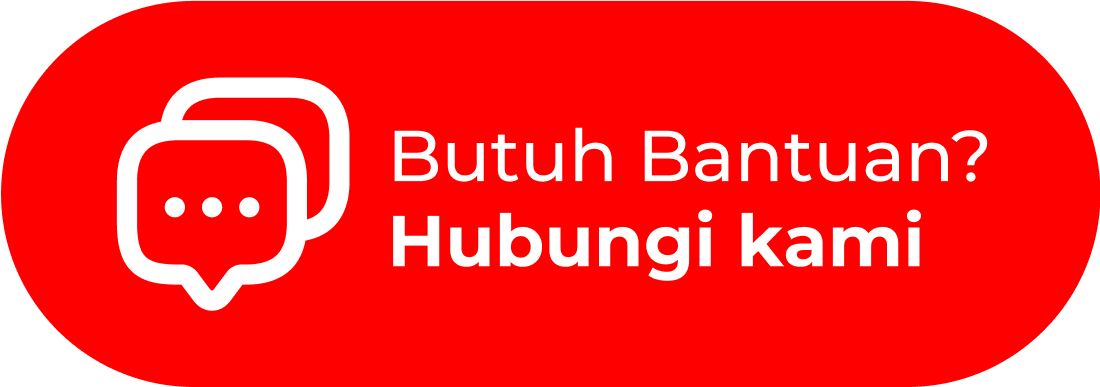YUDHISTIRA WIRYAWAN: Yudhistira holds a Civil Engineering degree and an MSc in Environmental Science from Wageningen University (The Netherlands). With extensive experience in developing and implementing wastewater treatment plants and renewable energy projects, particularly waste-to-energy initiatives, he has demonstrated a strong commitment to sustainable solutions. Over the past three years, he has served as the Chief Technical Officer (CTO) at Sambung Asa, where he oversees technical operations, research, and development for the startup.
Development of Sustainable Seaweed Cultivation

The project focuses on establishing land-based Ulva cultivation and processing facilities in coastal communities, particularly targeting Pok Tunggal, Krakal, Mbaron, Indrayanti, and Watunene beaches. It aims to address the challenges of overexploitation and environmental degradation while unlocking the economic potential of Ulva resources.
|
Informasi Proyek |
|
|---|---|
| Nama perusahaan |

Sambung Asa |
| Deskripsi Singkat | Two college friends and a seaweed expert. That's who we are, the founders of Sambung Asa. Founded on a single belief: empowering coastal communities in Indonesia through seaweed activities. Our journey began with a shared passion for making a difference in the lives of coastal communities. As college and dive buddies, Julius and Yudhistira often discussed the challenges faced by these communities and brainstormed ways to address them. It was during these conversations that we realized the untapped potential of seaweed farming as a sustainable solution to uplift livelihoods and promote economic resilience along Indonesia's coastlines. Driven by this vision, we teamed up with Maria Gigih, a seaweed expert whose expertise and knowledge since 1994 has become invaluable assets to the mission. Together, we founded Sambung Asa with a mission to empower coastal communities through seaweed activities. The goal is not just to cultivate seaweed but to create sustainable livelihoods, foster economic growth, and preserve marine ecosystems for future generations. In Bahasa, Sambung Asa is the antonym of "putus asa" (despair). We chose this name because throughout our journey in the seaweed industry, we encountered many farmers, communities, and entrepreneurs who felt hopeless and desperate due to failures or fraudulent practices they experienced. We hope that our activities will connect the hopes of these people and contribute to developing and expanding the seaweed industry in the surrounding areas, Indonesia, and even globally. Empowering Communities. Cultivating Hope. Sambung Asa. |
| Tipe organisasi | Laba |
| Struktur kepemilikan (Siapa) | Julius Bernardus |
| Tujuan (Mengapa) | This business model enhances commercial viability by tapping into growing market demand for sustainable and nutritious products while leveraging local resources and expertise. By optimizing Ulva cultivation and processing techniques, diversifying product offerings, and establishing robust market linkages, the project boosts revenue streams and profitability. Scalability is achieved through replicable models, strategic partnerships with distributors, and knowledge-sharing networks, facilitating expansion to new geographic areas and markets. Additionally, continuous innovation and adaptation ensure relevance in dynamic market environments, paving the way for long-term growth and impact scalability. |
| Lokasi (Dimana) | Kota Tangerang |
| Negara pusat beroperasi | Indonesia |
| Jenis Badan Hukum | |
| Penerima manfaat | |
| Situs Web | https://sambungasa.id/ |
| Alamat | |
| Kontak | Nomor HP/WA: Email: sambungasa@ptlusi.com |
| Jenis Proyek | Laba |
| Tahap Proyek | Studi Kelayakan |
| Kepemilikan Proyek | Swasta |
| Sektor / Sub-sektor | Perikanan / Pangan dan Pertanian |
| Kerangka Waktu / Tonggak Sejarah | 2 Years |
| Sumber daya yang dibutuhkan (Bagaimana) | |
| Tim manajemen | Founder : Julius Bernardus Co-Founder : Yudhistira Wiryawan
|
| Entitas lain yang terlibat dalam proyek | This project prioritizes inclusivity and empowerment by actively engaging marginalized groups, including women and people with disabilities, ensuring their meaningful participation and representation. Specifically, outreach efforts will target marginalized individuals, providing tailored training and support to address their unique needs and challenges. Furthermore, women will be encouraged to take on leadership roles and participate in decision-making processes, fostering gender equality and social inclusion. By amplifying the voices and contributions of marginalized groups, the project promotes diversity, equity, and collective empowerment within coastal communities. |
| Tujuan (Apa) | Sambung Asa aims to uplift coastal communities by creating sustainable livelihoods, fostering economic growth, and preserving marine ecosystems. Their mission includes empowering local communities through education and training, thereby enhancing economic resilience and environmental sustainability. |
| Masalah | Coastal communities in Indonesia face numerous challenges, including economic instability, limited job opportunities, and environmental degradation. Many seaweed farmers have experienced despair due to failures and fraudulent practices, leading to a lack of trust and hope within these communities. |
| Analisis | |
| Solusi | Sambung Asa addresses these challenges by promoting seaweed farming as a sustainable solution. They focus on cultivating species like Cottoni and Gracilaria in Maluku and West Java. The organization offers comprehensive training programs that cover seaweed cultivation techniques, processing methods, and entrepreneurship skills. Additionally, they collaborate with local governments and international organizations to enhance the industry's sustainability and create fair trade partnerships, ensuring that benefits are equitably distributed among community members. Through these initiatives, Sambung Asa not only supports environmental conservation but also provides economic opportunities and fosters community resilience, ultimately driving sustainable development in coastal regions of Indonesia |
| Isu Sosial yang diangkat | The social causes championed by Sambung Asa include sustainable agriculture, community empowerment, and education enhancement in Indonesia. |
| Kontribusi Nasional | |
| Penerima Proyek dan Pemangku Kepentingan kepentingan lainnya | |
| Lokasi Sasaran | Bangka Belitung |
|
Dampak TPB |
|
|---|---|
| Deskripsi Kebutuhan Pembangunan Berkelanjutan |
|
| Gender dan Marginalisasi | This project prioritizes inclusivity and empowerment by actively engaging marginalized groups, including women and people with disabilities, ensuring their meaningful participation and representation. Specifically, outreach efforts will target marginalized individuals, providing tailored training and support to address their unique needs and challenges. Furthermore, women will be encouraged to take on leadership roles and participate in decision-making processes, fostering gender equality and social inclusion. By amplifying the voices and contributions of marginalized groups, the project promotes diversity, equity, and collective empowerment within coastal communities. |
| TPB Primer | 14. Ekosistem Lautan |
| Identifikasi Indikator TPB Utama | 14.7.1 Perikanan berkelanjutan sebagai bagian dari PDB di negara berkembang pulau kecil, negara kurang berkembang dan semua negara |
| TPB Sekunder | 8. Pekerjaan Layak & Pertumbuhan Ekonomi |
| Identifikasi Indikator TPB Sekunder | 8.3.1 Proporsi lapangan kerja informal dalam total lapangan kerja, menurut sektor dan jenis kelamin |
| TPB Ketiga | 8. Pekerjaan Layak & Pertumbuhan Ekonomi |
| Identifikasi Indikator TPB Ketiga | 8.3.1 Proporsi lapangan kerja informal dalam total lapangan kerja, menurut sektor dan jenis kelamin |
|
Model bisnis |
|
|---|---|
| Model bisnis | The escalating demand for dried Ulva Lactuca seaweed, driven by its applications in food, feed, and other commercial uses, poses a concern regarding the traditional harvesting practices employed by coastal residents in Indonesia. The reliance on wild harvesting raises apprehensions about over-exploitation, leading to environmental damage and a significant depletion of Ulva populations, disrupting the delicate balance of the ecosystem in coastal waters. Gunung Kidul, situated on the southern coast of Java, exemplifies this challenge as the community traditionally collects Ulva from the sea for use as a snack. However, the surge in Ulva demand has prompted extensive exploitation, resulting in a gradual decline in Ulva populations in the area. The proposed initiative aims to encourage and to educate coastal communities of Gunung Kidul, Yogyakarta to shift from harvesting the wild grown Ulva to cultivating on land using tarpaulin ponds. In essence, the proposed initiative seeks to strike a balance between meeting the rising demand for Ulva and preserving the ecological integrity of coastal areas. The cultivation on land not only addresses concerns related to over-harvesting but also aligns with sustainable practices, fostering a more resilient and balanced ecosystem. The initiative will be separated into 4 phases:
By equipping community members with the knowledge and skills to produce and market processed Ulva products, the aim is to add significant value to the seaweed cultivation efforts. This not only broadens the range of products available to consumers but also opens up new economic opportunities for coastal communities. The combined approach of cultivating Ulva and creating processed products establishes a sustainable and economically viable model that benefits both the environment and the livelihoods of the communities involved. |
| Ikhtisar teknologi dan operasi | |
| Pemasaran, distribusi dan penjualan ke pelanggan | Objectives:
Rationale for Grant Funding: Resource Acquisition: Grant funding is needed to acquire essential resources such as land, equipment, and materials for setting up Ulva cultivation ponds and processing facilities. These upfront costs are critical to initiating the project and laying the groundwork for long-term sustainability. Training and Capacity Building: Grant funding will support training programs and capacity-building initiatives for coastal residents, equipping them with the necessary skills and knowledge for Ulva cultivation and processing. This includes workshops, mentorship, and educational materials tailored to the needs of diverse participants. Research and Development: Grant funding will enable research and development activities to optimize Ulva cultivation techniques, enhance product quality, and innovate new processing methods. This investment in innovation is essential for staying competitive in the market and meeting evolving consumer preferences. Market Development: Grant funding will facilitate market research, branding, and promotional activities to establish market linkages and expand sales channels for processed Ulva products. This includes participation in trade fairs, development of marketing materials, and engagement with buyers and distributors. Infrastructure and Logistics: Grant funding will cover infrastructure investments such as storage facilities, transportation, and packaging materials to ensure the efficient and safe handling of Ulva products from cultivation to market. These investments are essential for maintaining product quality and meeting regulatory standards. Monitoring and Evaluation: Grant funding will support monitoring and evaluation efforts to track project progress, measure impact, and identify areas for improvement. This includes data collection, analysis, and reporting to stakeholders, ensuring transparency and accountability in project management. Community Engagement and Outreach: Grant funding will underpin community engagement and outreach initiatives to foster participation, build trust, and promote social cohesion within coastal communities. This includes awareness-raising campaigns, participatory decision-making processes, and inclusive events. In summary, grant funding is essential at this stage of development to kickstart the project, cover upfront costs, and accelerate progress towards achieving transformative outcomes. By investing in Ulva cultivation and processing, the project with TRANSFORM has the potential to catalyze sustainable development and empower coastal communities for years to come. |
| Rantai pasokan yang dibutuhkan | |
| Sumber daya manusia | |
| Tim Proyek | MARIA GIGIH SETIARTI : A community educator, entrepreneur, and expert in seaweed processing with a career spanning back to 1994. Maria’s extensive experience includes advising local governments in Indonesia and conducting training programs on seaweed processing both domestically and internationally, in countries such as Fiji, Timor Leste, Tanzania, and the Solomon Islands. Her commitment to advancing the seaweed industry through education and innovative practices has been instrumental in fostering sustainable growth and development in the sector. JULIUS BERNARDUS : Over a decade of experience in the retail and marketing sectors, collaborating with global brands such as Apple, Sony, Carrefour, and Best Denki. Currently, at Sambung Asa, Julius leverages more than three years of specialized expertise in the seaweed industry, focusing on farming, trading, and organizing training programs. His diverse background ensures a unique perspective and comprehensive approach to advancing our seaweed operations. |
| Tanggal Mulai Proyek (Ditargetkan) | |
| Tanggal Akhir Proyek | |
|
Penilaian Risiko dan Mitigasi |
|
|---|---|
| Penilaian Risiko dan Mitigasi | |
| Analisis Skenario | |
| Potensi Pasar | |
| Risiko Pasar & Skala Hambatan Identifikasi | |
| Risiko Hasil | |
| Risiko Dampak | |
| Lingkungan Kebijakan | |
| Lingkungan Regulasi | |
| Lingkungan Keuangan | |
|
Skema Keuangan yang Diharapkan |
|
|---|---|
| Skema Keuangan yang Diharapkan | |
| Jenis pendanaan yang diminta | Loan, Grant |
| Total biaya proyek (diperkirakan dalam IDR) | IDR 0 (kosong Rupiah) |
| Total biaya proyek (diperkirakan dalam USD) | USD 60,000 (enam puluh ribu Dolar) |
| Kebutuhan Investasi Proyek (IDR) | IDR 0 (kosong Rupiah) |
| Kebutuhan Investasi Proyek (USD) | USD 60,000 (enam puluh ribu Dolar) |
| NPV Proyek | |
| Identifikasi Pengembalian Indikatif (dalam IRR) | |
| Identifikasi Pengembalian Indikatif (dalam ROI) | |
| Identifikasi Pengembalian Indikatif (dalam Margin Laba Kotor) | |
| Return Profile Justification | |
| Jangka Waktu Investasi | 2 Years |
-- Informasi ini hanya untuk Investor --
